Babcia
By Marta Chudolinska
Private Spectacle Press
Identity has become a prominent word in 21st Century politics, but the drive to find one, have one, define one for oneself is nothing new. The standards of identity don’t exactly change through the years, but the embrace of some does grow while others are less valued — or depending on how you define your identity, the way others do might cause problems for you. Ancestry and family have always been a big one for most people, and these standards often operate on a spectrum that allows one to decide on the level of importance, or sometimes to even create an identity built through rejection of the spectrum altogether.
That’s part of what Toronto-based cartoonist Marta Chudolinska’s explores in Babcia, the complicated stew of who she is through the lens of her grandmother who stayed in Poland while Chudolinska’s emigrated to Canada when she was a very small child.
It’s this separation from her grandmother, and her home country, that Chudolinska struggles within telling her own story. Are the facts she learned from history books representative of her grandmother’s reality? What are emotional memories as a little kid that are now fuzzy with context? What are impressions that her parents have instilled in her? How much of her feelings about it are built from her natural rejection of her Polish heritage as a kid growing up in Canada? And could any of it just be pure fantasy that has muscled its way into her brain over the years?
It’s with these questions that Chudolinska juggles the story of her own family’s immigration with the rectification of her own separation from the reality of her relationship with her grandmother, grappling for something firsthand that tells her more than any reconstruction she can achieve through books and other people’s memories.
Chudolinska’s comic is a sweet and melancholy one, but in its depiction of a universal struggle — we all fight to come to terms with our family story in some manner — it’s comforting. Chudolinska’s art is particularly appropriate here as she renders a vision of Poland from the last century, through communism and revolt. She injects her cartooning with a folkloric roundness that reminds me of old European children’s books that were meant to evoke some kind of textured fairy tale past, appropriate to the emotional quest she embarks on that spans real time and distance beyond the lengths within her heart and memory.
Red Ultramarine
By Manuele Fior
Fantagraphics
More recent works by this Italian cartoonist, like 5,000 km per Second and The Interview, are dominated by a mysterious quality that lies under their presentations, which are firmly placed in reality. This underlying quality gives his stories an otherworldly quality that makes them seem as if 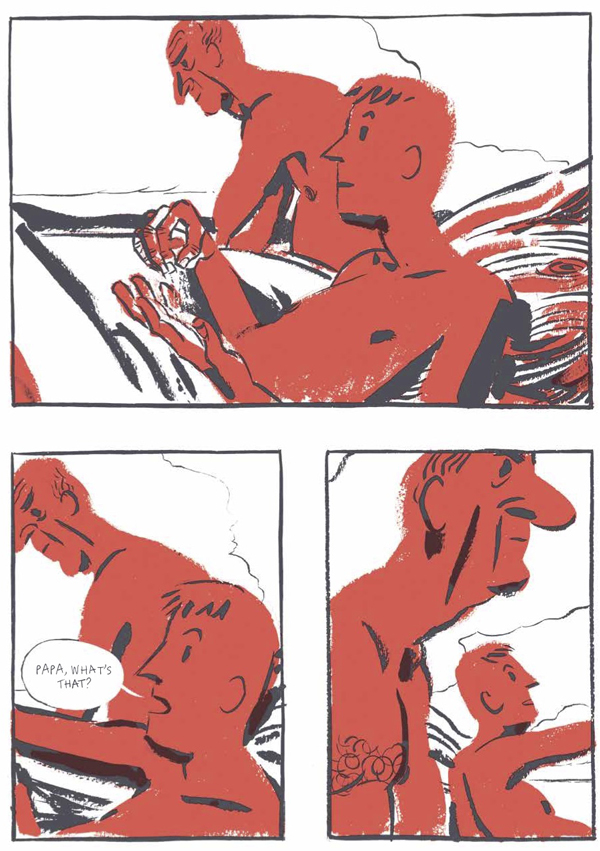
In one portion of Red Ultramarine, we revisit the story of Daedalus and Icarus following the death of the Minotaur, when Daedalus is approached with suspicion by King Minos regarding the Minotaur’s slaughter by Theseus and his daughter Ariadne. Daedalus promises his son Icarus that they will make their way off Crete and Icarus will soon enjoy the pleasures of Athens.
This classic myth alternates with a strange concoction of Fior’s own imagination. Silvia seeks help for her lover Fausto from a devilish doctor But a magic solution that is slipped to her by doctor’s assistant Marta brings the two stories together into a frantic surrealist scenario that has Silvia dashing for clarity.
The end of the Icarus story is well known, but in mixing it with the love story of Silvia and Fausto in Red Ultramarine, Fior suggests that going toward the light might not be the worst decision if what you seek are safety and clarity.


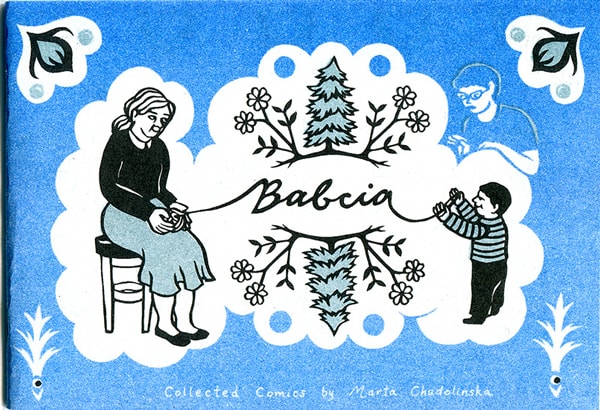
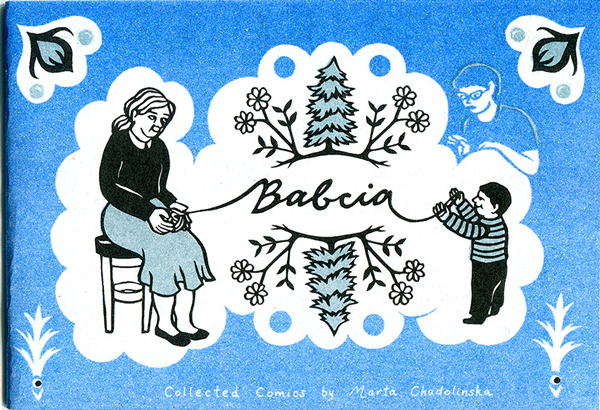
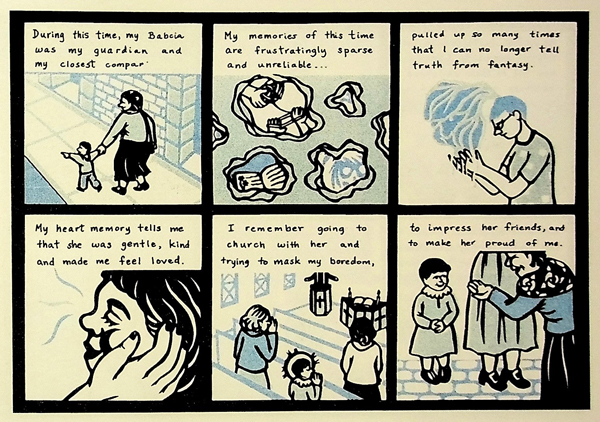
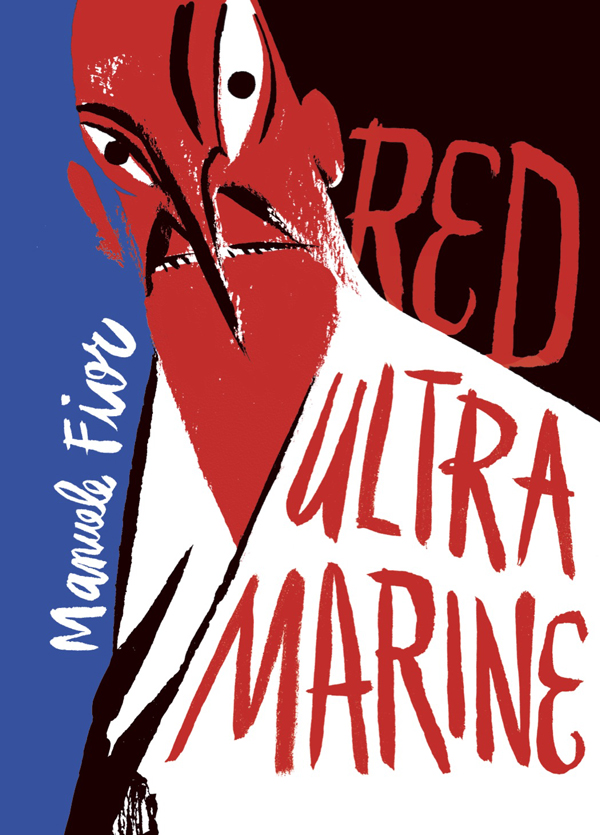


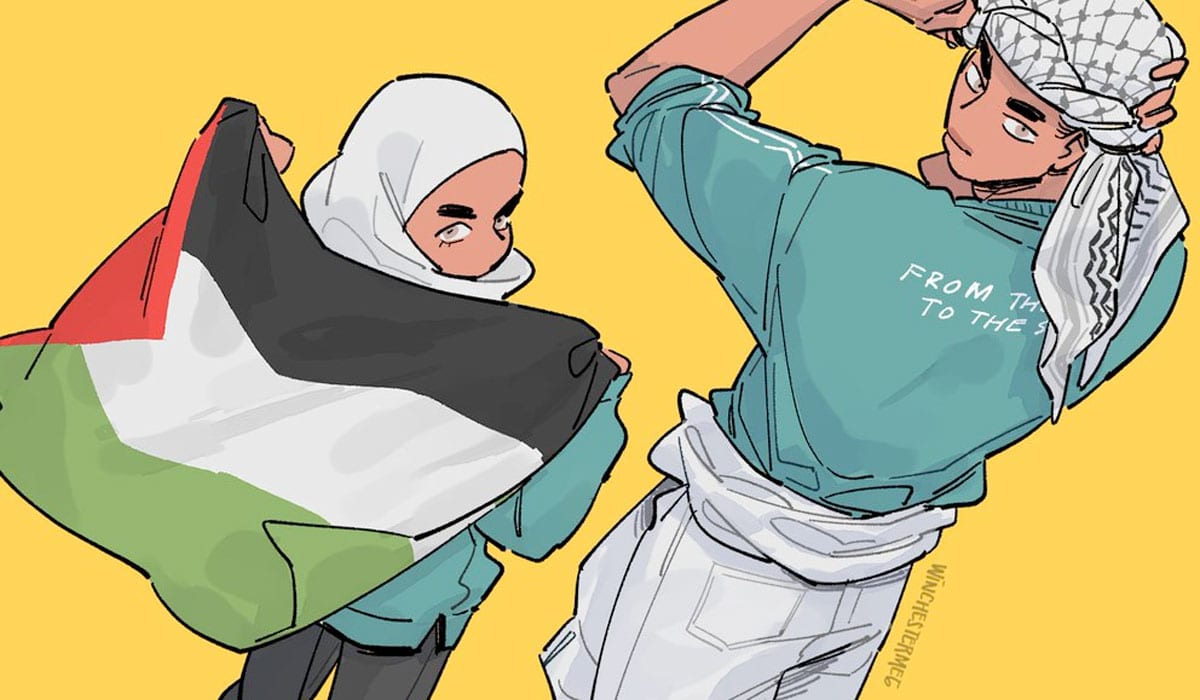


Very cool. Both.
Comments are closed.